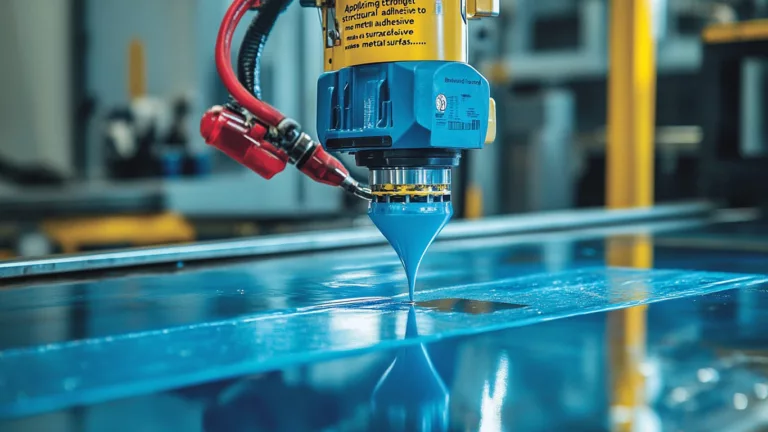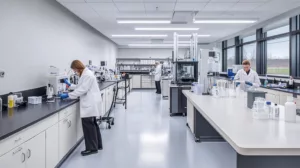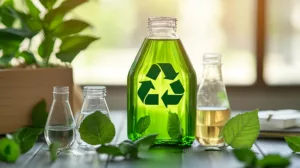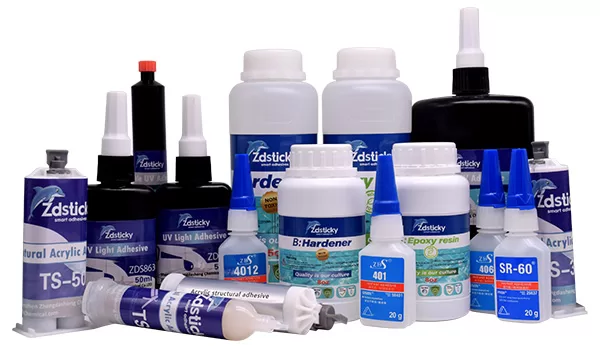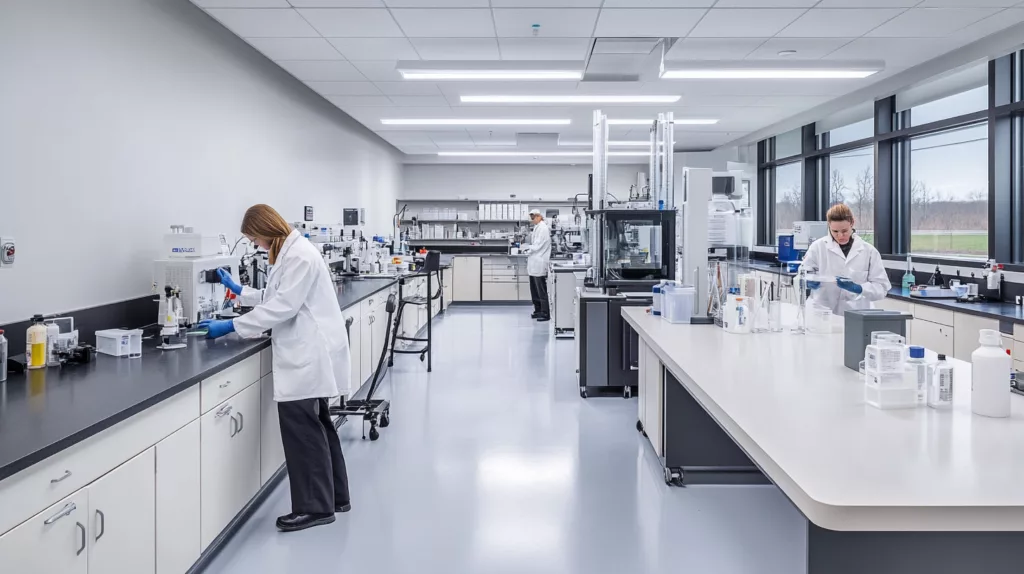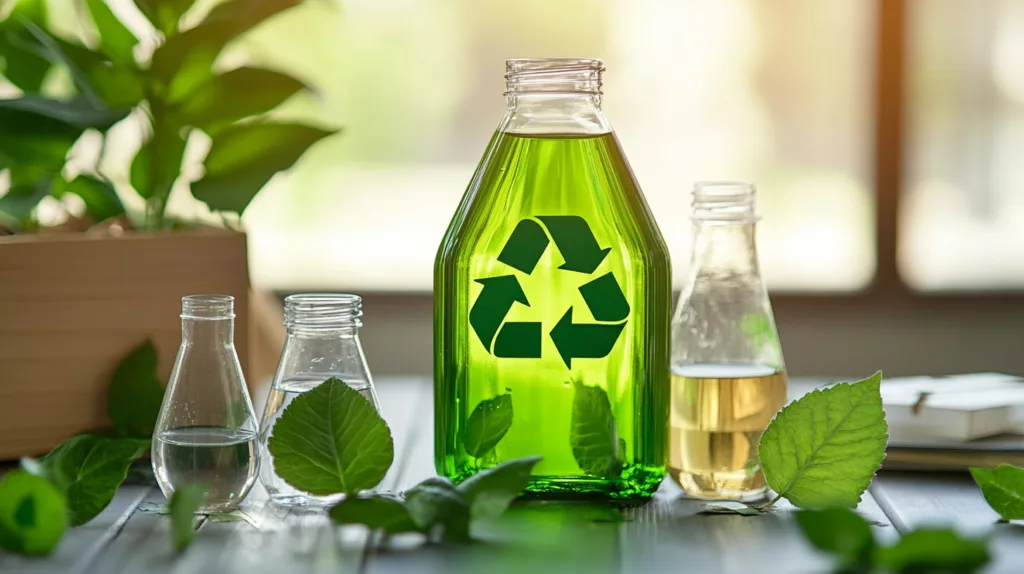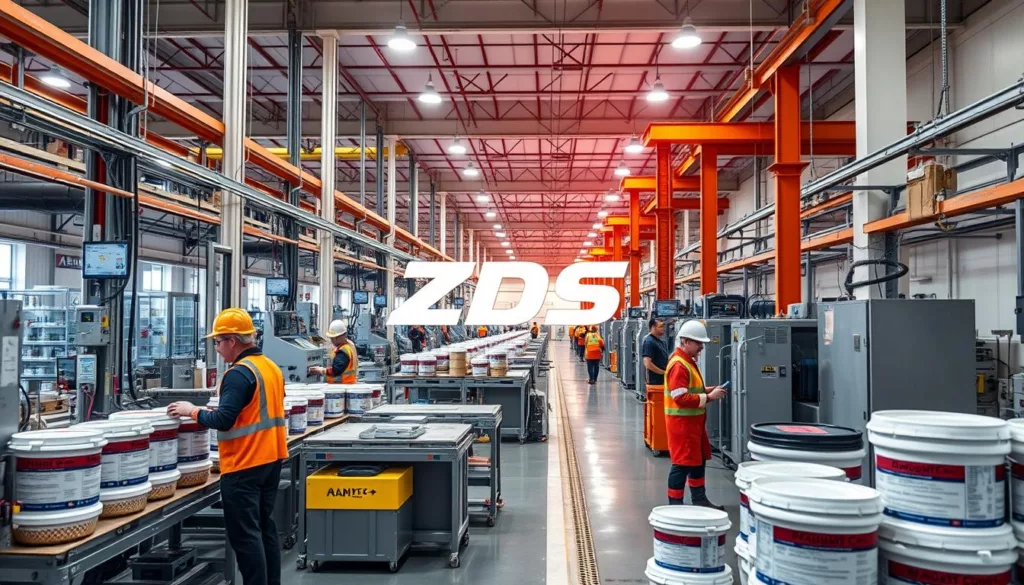Introduction
Structural adhesives have revolutionized how industries bond materials, offering solutions that are lightweight, durable, and efficient. As the demand for stronger and more reliable adhesives grows, finding the ultimate bonding agent becomes crucial for engineers, manufacturers, and designers. In this article, we’ll explore everything you need to know about structural adhesives, answering the critical question: What is the strongest structural adhesive?
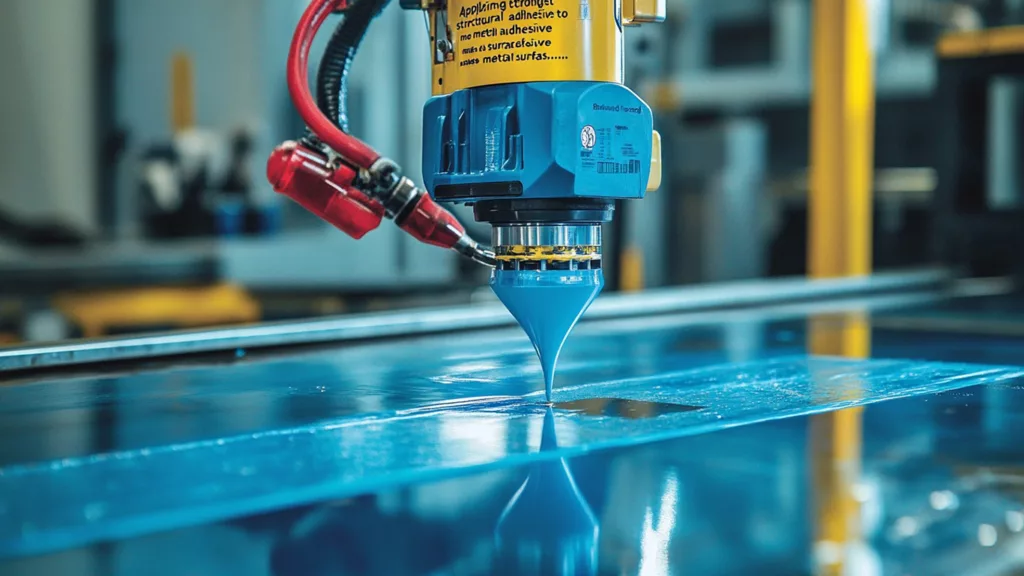
What is the strongest structural adhesive?
Structural adhesives are specialized bonding agents designed to join load-bearing materials with high strength and durability. These adhesives must resist shear, peel, and tensile forces while enduring harsh environmental conditions. From aerospace engineering to automotive assembly, structural adhesives provide an alternative to mechanical fasteners, enabling lighter and more streamlined designs.
Epoxy adhesives often earn the title of the strongest structural adhesive due to their exceptional bonding capabilities and versatility. However, the “strongest” adhesive can vary depending on specific requirements such as material compatibility, environmental exposure, and stress distribution.
Characteristics of Structural Adhesives
What defines the “strongest” adhesive? Several properties contribute to the performance of structural adhesives:
- High Shear Strength: Ability to resist sliding forces.
- Peel Strength: Resistance to peeling or separation at edges.
- Durability: Long-lasting adhesion under mechanical and environmental stress.
- Versatility: Effectiveness across multiple materials, including metals, plastics, and composites.
Understanding Bond Strength
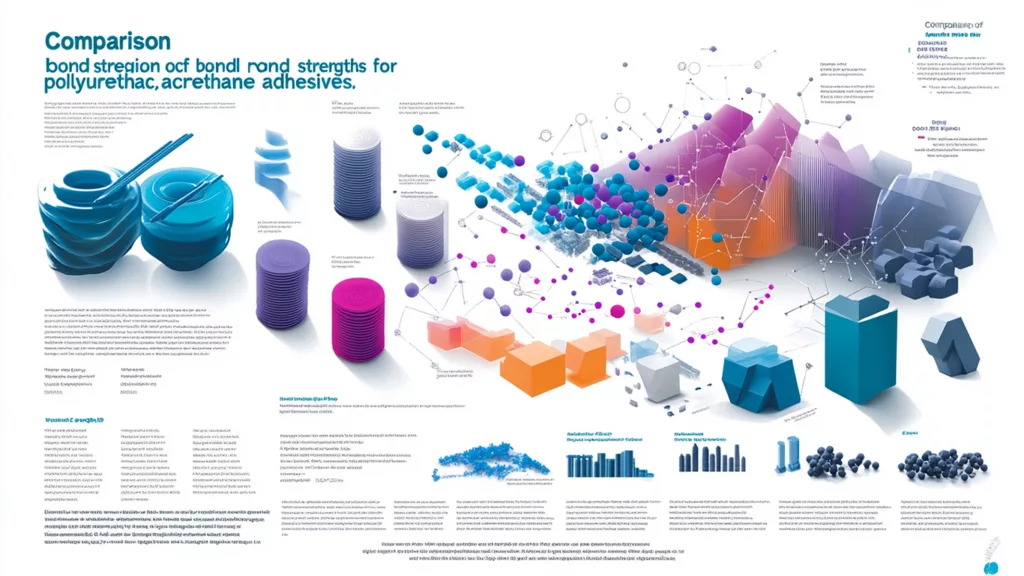
The strength of an adhesive bond depends on three primary factors:
| Type of Strength | Definition |
|---|---|
| Shear Strength | Resistance to sliding forces along the bonded surface. |
| Tensile Strength | Ability to withstand stretching or pulling forces perpendicular to the bond. |
| Peel Strength | Resistance to separation forces at the edge of the adhesive bond. |
Understanding these metrics is essential when determining which adhesive is the strongest for a given application.
Types of Structural Adhesives
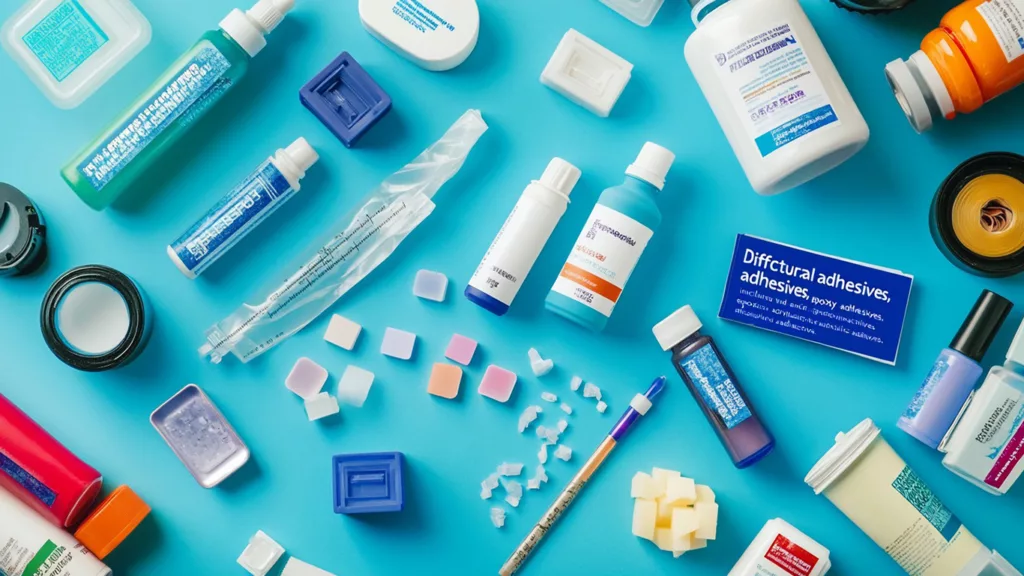
Several adhesive types qualify as structural adhesives. Each has unique properties, making them suitable for different applications:
- Epoxy Adhesives: High-strength bonds suitable for metals and composites.
- Acrylic Adhesives: Fast-curing and versatile for dissimilar materials.
- Polyurethane Adhesives: Flexible and resistant to environmental stresses.
- Cyanoacrylate Adhesives: Instant bonding for small-scale applications.
- Anaerobic Adhesives: Effective for locking and sealing threaded fasteners.
The Science Behind Structural Adhesives

Structural adhesives work by forming chemical bonds at the molecular level. This chemical interaction enhances adhesion while maintaining the integrity of the joined materials. Factors such as polymer chain length, curing agents, and additives determine the adhesive’s final strength and performance.
Epoxy Adhesives
Epoxies are widely regarded as the strongest structural adhesives due to their ability to bond various materials with superior strength. Key benefits include:
- Exceptional resistance to heat, chemicals, and impact.
- Ability to fill gaps and provide structural integrity.
- High shear and tensile strength, making them suitable for demanding applications.
Applications of Structural Adhesives
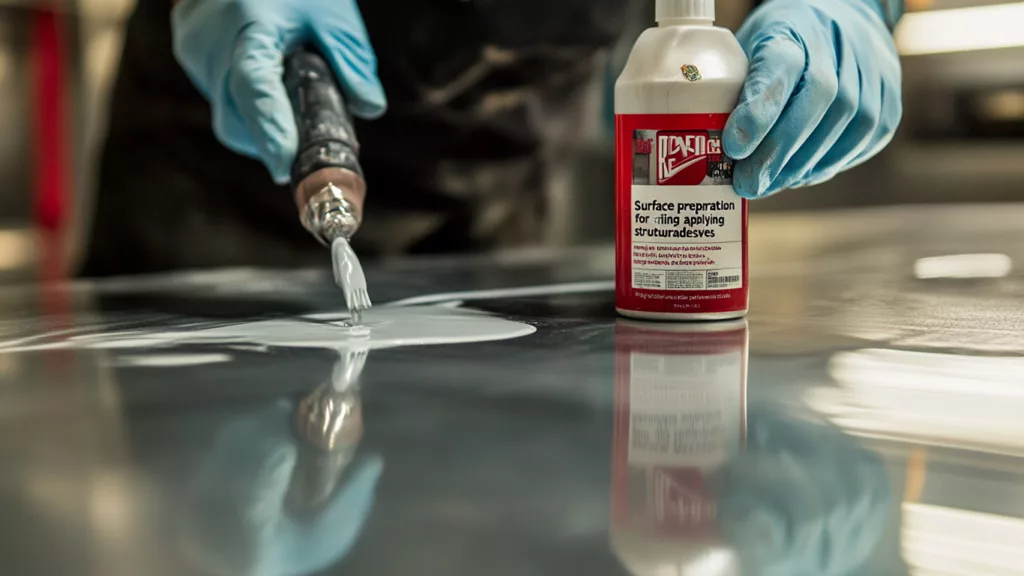
Structural adhesives are indispensable in:
- Automotive Industry: Bonding panels, components, and trim.
- Aerospace: Joining lightweight composites and metals.
- Construction: Securely bonding glass, metal, and concrete.
- Electronics: Ensuring durability in high-performance devices.
Why Epoxy Often Tops the List
Epoxy adhesives consistently top the list for the strongest structural adhesives because of their unmatched performance across various metrics. They bond dissimilar materials, resist extreme environments, and provide unparalleled durability, making them the adhesive of choice for critical applications.
FAQs
What makes epoxy adhesives the strongest?
Epoxies offer high shear, tensile, and peel strength, coupled with resistance to heat, chemicals, and environmental factors.
Can structural adhesives replace welding?
Yes, in many cases, structural adhesives can replace welding, reducing weight and enhancing design flexibility.
Are structural adhesives suitable for outdoor use?
Many structural adhesives, especially epoxies and polyurethanes, are designed to withstand UV, moisture, and temperature fluctuations.
Do structural adhesives require surface preparation?
Yes, proper cleaning and priming are crucial for maximizing adhesive strength and longevity.
Which structural adhesive is best for bonding plastics?
Acrylic adhesives are often preferred for plastics due to their versatility and strong bonding properties.
How do I choose the right adhesive for my project?
Consider factors like material compatibility, environmental conditions, and the type of stress the adhesive will endure.
Conclusion
Structural adhesives have redefined how materials are bonded, offering unparalleled strength and versatility. Whether it’s epoxy, acrylic, or polyurethane, each adhesive type brings unique strengths to the table. By understanding their properties, applications, and limitations, you can confidently select the strongest structural adhesive for your needs. The innovation in adhesive technology continues to push boundaries, proving that sometimes, a bond is only as strong as the adhesive that holds it together.

